Does methadone treatment impair mental function?
Methadone treatment has no adverse effects on intelligence, mental capability or employability. Methadone treated patients are comparable to non-patients in reaction time, in ability to learn, focus and make complex judgments. Methadone treated patients do well in a wide array of vocational endeavors, including professional positions, service occupations and skilled, technical and support jobs. (Source: “Regarding Methadone Treatment and Other Pharmacotherapies” by COMPA)
How is success in methadone and other pharmacotherapy treatments defined?
The primary goals are to help addicts cease heroin use and lead more stable, productive lives. But, as knowledge about heroin addiction and effective treatment practices has grown, so too have the objectives of most methadone treatment programs, which also aim to:
- Decrease criminality and reduce the numbers of substance abusers entering the criminal justice system.
- Assist patients in addressing multiple substance abuse (including crack/cocaine addiction and alcoholism).
- Assure treatment for general health matters, especially those related to drug use, such as HIV/AIDS, tuberculosis and hepatitis
- Promote patient employability and educational development.
- Identify and treat mental health problems and alleviate homelessness, family substance abuse and child and family dysfunction.
(Source: “Regarding Methadone Treatment and Other Pharmacotherapies” by COMPA)
Why do drug-addicted persons keep using drugs?
Nearly all addicted individuals believe at the outset that they can stop using drugs on their own and most try to stop without treatment. Although some people are successful, many attempts result in failure to achieve long-term abstinence. Research has shown that long-term drug abuse results in changes in the brain that persist long after a person stops using drugs. These drug-induced changes in brain function can have many behavioral consequences. including an inability to exert control over the impulse to use drugs despite adverse consequences-the defining characteristic of addiction. (Source: NIDA, “Principles of Drug Addiction Treatment”)
What is drug addiction treatment?
Drug treatment is intended to help addicted individuals stop compulsive drug seeking and use. Treatment can occur in a variety of settings, in many different forms and for different lengths of time. Because drug addiction is typically a chronic disorder characterized by occasional relapses, a short-term, one-time treatment is usually not sufficient. For many, treatment is a long-term process that involves multiple and regular monitoring.
There are a variety of evidence-based approaches to treating addiction. Drug treatment can include behavioral therapy (such as individual or group counseling, cognitive therapy or contingency management), medications or their combination. The specific type of treatment or combination of treatments will vary depending on the patient’s individual needs and, often, on the types of drugs they use. The severity of addiction and previous efforts to stop using drugs can also influence a treatment approach. Finally, people who are addicted to drugs often suffer from other health (including other mental health), occupational, legal, familial and social problems that should be addressed concurrently.
The best programs provide a combination of therapies and other services to meet an individual patient’s needs. Specific needs may relate to age, race, culture, sexual orientation, gender, pregnancy, other drug use, comorbid conditions (e.g., depression, HIV), parenting, housing and employment, as well as physical and sexual abuse history. (Source: NIDA, “Principles of Drug Addiction Treatment”)
How effective is drug addiction treatment?
In addition to stopping drug abuse, the goal of treatment is to return people to productive functioning in the family workplace and community. According to research that tracks individuals in treatment over extended periods, most people who get into and remain in treatment stop using drugs, decrease their criminal activity and improve their occupational, social and psychological functioning. For example, methadone treatment has been shown to increase participation in behavioral therapy and decrease both drug use and criminal behavior. However, individual treatment outcomes depend on the extent and nature of the patient’s problems, the appropriateness of treatment and related services used to address those problems and the quality of interaction between the patient and his or her treatment providers. (Source: NIDA, “Principles of Drug Addiction Treatment”)
Is drug addiction treatment worth its cost?
Substance abuse costs our Nation over one half-trillion dollars annually, and treatment can help reduce these costs. Drug addiction treatment has been shown to reduce associated health and social costs by far more than the cost of treatment itself. Treatment is also much less expensive than its alternatives, such as incarcerating addicted persons. For example, the average cost for 1 full year of methadone maintenance treatment is approximately $4,700 per patient, whereas 1 full year of imprisonment costs approximately $24,000 per person. (Source: NIDA, “Principles of Drug Addiction Treatment”)
How long does drug addiction treatment usually last?
Individuals progress through drug addiction treatment at various rates, so there is no predetermined length of treatment. However, research has shown unequivocally that good outcomes are contingent on adequate treatment length. Generally, for residential or outpatient treatment, participation for less than 90 days is of limited effectiveness, and treatment lasting significantly longer is recommended for maintaining positive outcomes. For methadone maintenance, 12 months is considered the minimum and some opioid addicted individuals continue to benefit from methadone maintenance for many years. (Source: NIDA, “Principles of Drug Addiction Treatment”)
What role can the criminal justice system?
Research has demonstrated that treatment for drug-addicted offenders during and after incarceration can have a significant effect on future drug use, criminal behavior and social functioning. The case for integrating drug addiction treatment approaches with the criminal justice system is compelling. Combining prison- and community-based treatment for addicted offenders reduces the risk of both recidivism to drug-related criminal behavior and relapse to drug use, which, in turn, nets huge savings in societal costs. (Source: NIDA, “Principles of Drug Addiction Treatment”)
Is there a difference between physical dependence and addiction?
Yes, according to the DSM, the clinical criteria for “drug dependence” (or what we refer to as addiction) include compulsive drug use despite harmful consequences; inability to stop using a drug, failure to meet work, social or family obligations; and, sometimes (depending on the drug), tolerance and withdrawal. The latter reflect physical dependence in which the body adapts to the drug, requiring more of it to achieve a certain effect (tolerance) and eliciting drug-specific physical or mental symptoms if drug use is abruptly ceased (withdrawal). Physical dependence can happen with the chronic use of many drugs – including even appropriate, medically instructed use. Thus, physical dependence in and of itself does not constitute addiction, but often accompanies addiction. This distinction can be difficult to discern, particularly with prescribed pain medications, where the need for increasing dosages can represent tolerance or a worsening underlying problem, as opposed to the beginning of abuse or addiction. (Source: NIDA, “Principles of Drug Addiction Treatment”)
How do other mental disorders coexisting with drug addiction affect drug addiction treatment?
Drug addiction is a disease of the brain that frequently occurs with other mental disorders. In fact, as many as 6 in 10 people with an illicit substance use disorder also suffer from another mental illness; and rates are similar for users of licit drugs-i.e., tobacco and alcohol. For these individuals, one condition becomes more difficult to treat successfully as an additional condition is intertwined. (Source: NIDA, “Principles of Drug Addiction Treatment”)
Is the use of medications like methadone and buprenorphine simply replacing one drug addiction with another?
No – as used in maintenance treatment, buprenorphine and methadone are not heroin/opioid substitutes. They are prescribed or administered under monitored, controlled conditions and are safe and effective for treatment opioid addiction when used as directed.
In contrast, methadone and buprenorphine have gradual onsets of action and produce stable levels of the drug in the brain; as a result, patients maintained on these medications do not experience a rush, while they also markedly reduce their desire to use opioids. If an individual treated with these medications tries to take an opioid such as heroin, the euphoric effects are usually dampened or suppressed. Patients undergoing maintenance treatment do not experience the physiological or behavioral abnormalities from rapid fluctuations in drug levels associated with heroin use. Maintenance treatments save lives – they help to stabilize individuals, allowing treatment of their medical, psychological and other problems so they can contribute effectively as members of families and of society.
(Source: NIDA, “Principles of Drug Addiction Treatment”)












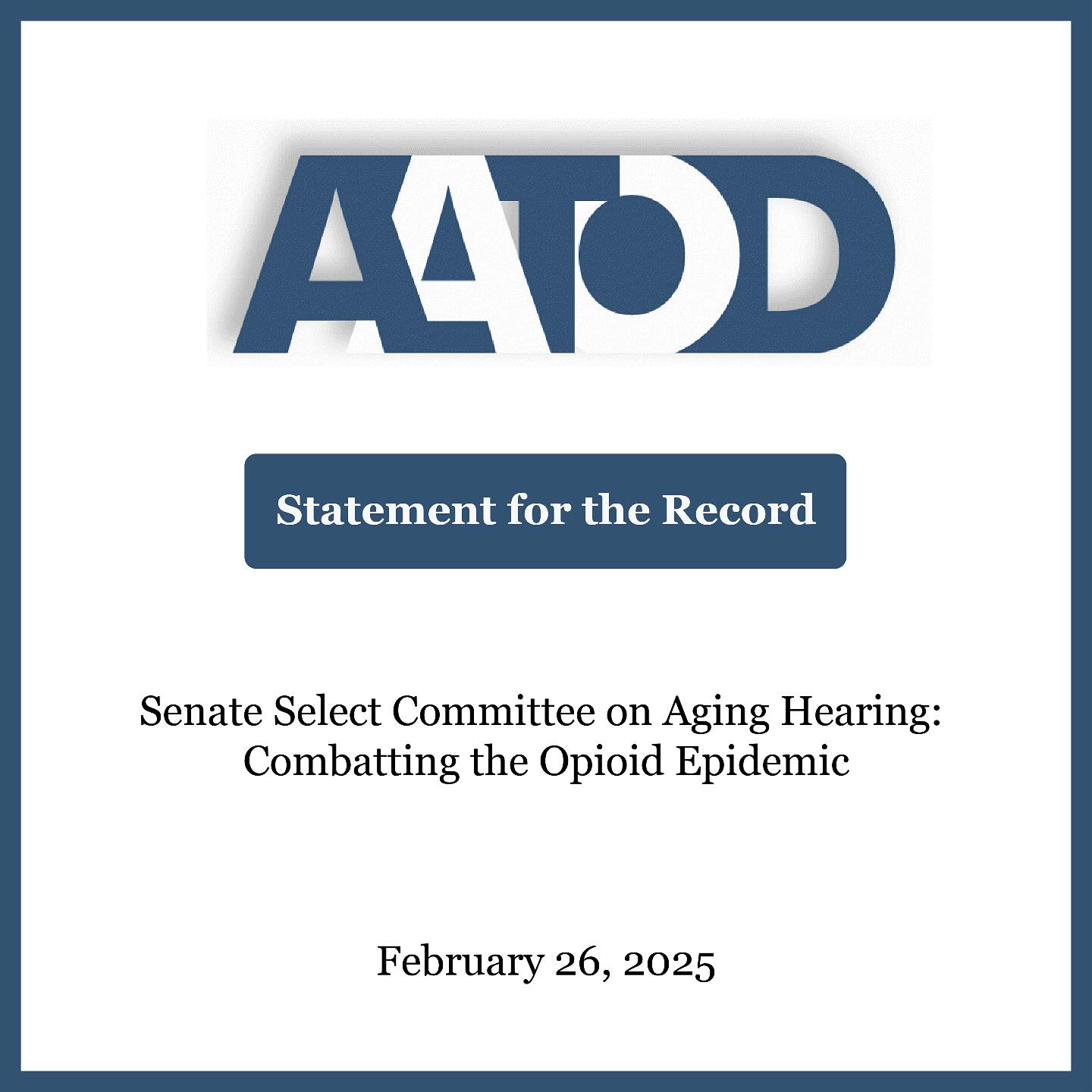
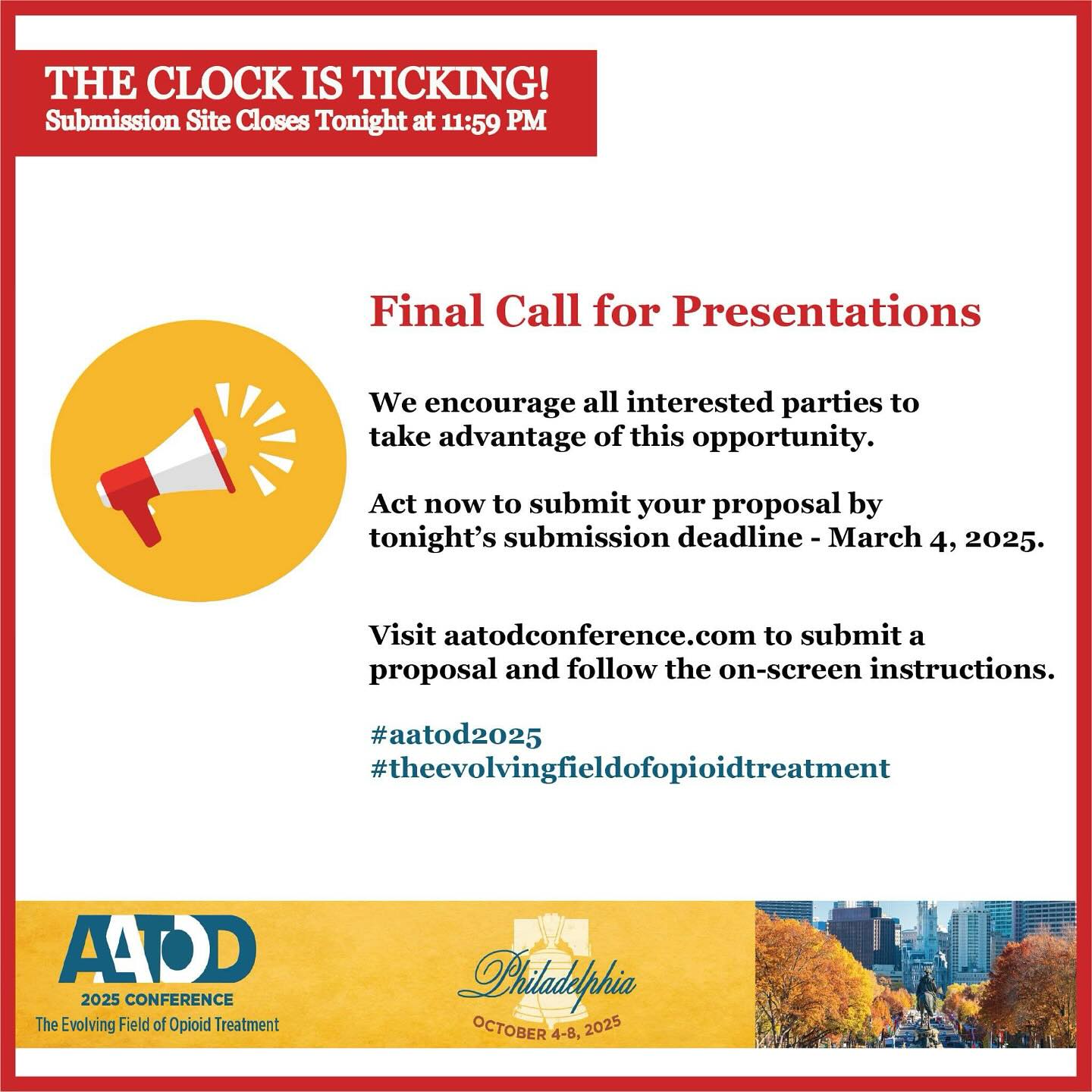
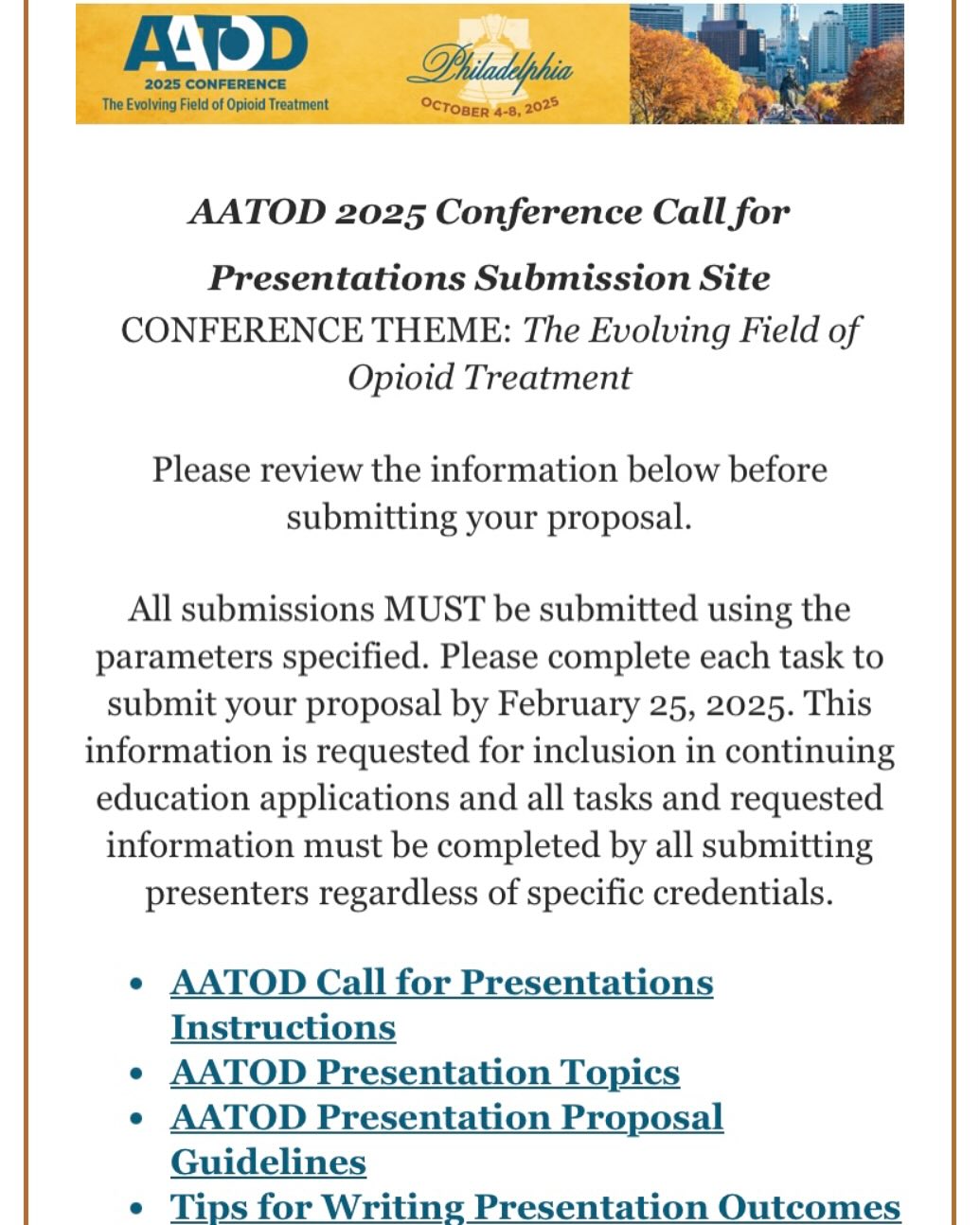

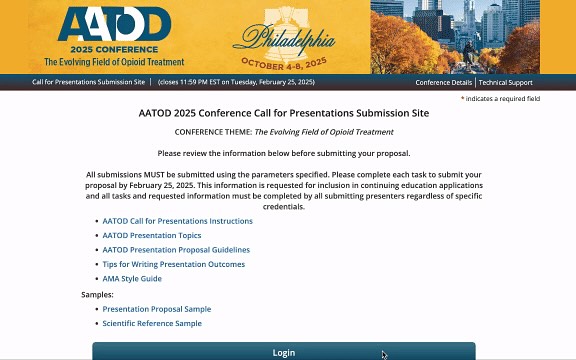
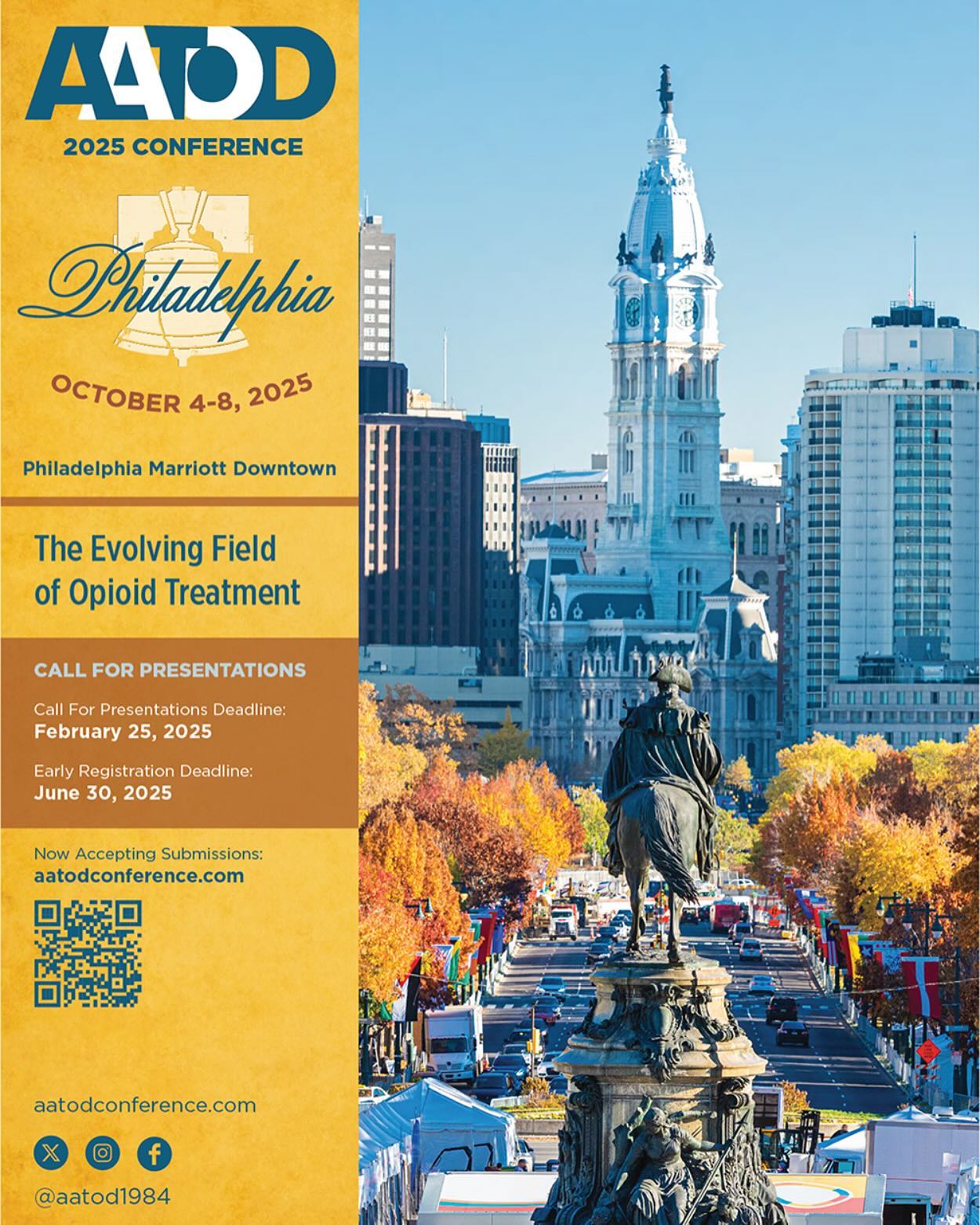













Leave a Reply
Want to join the discussion?Feel free to contribute!